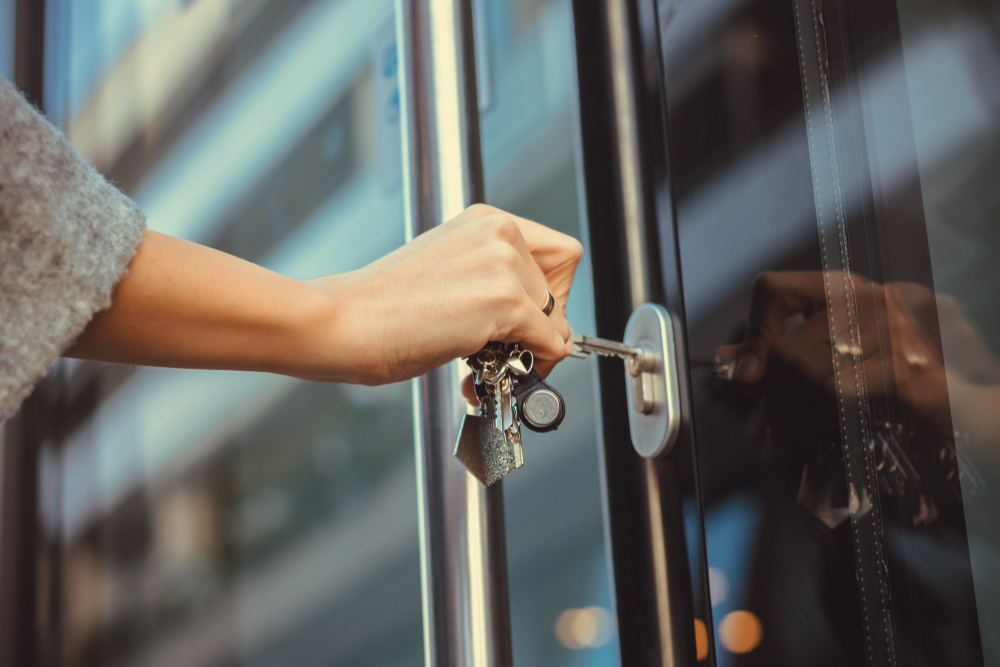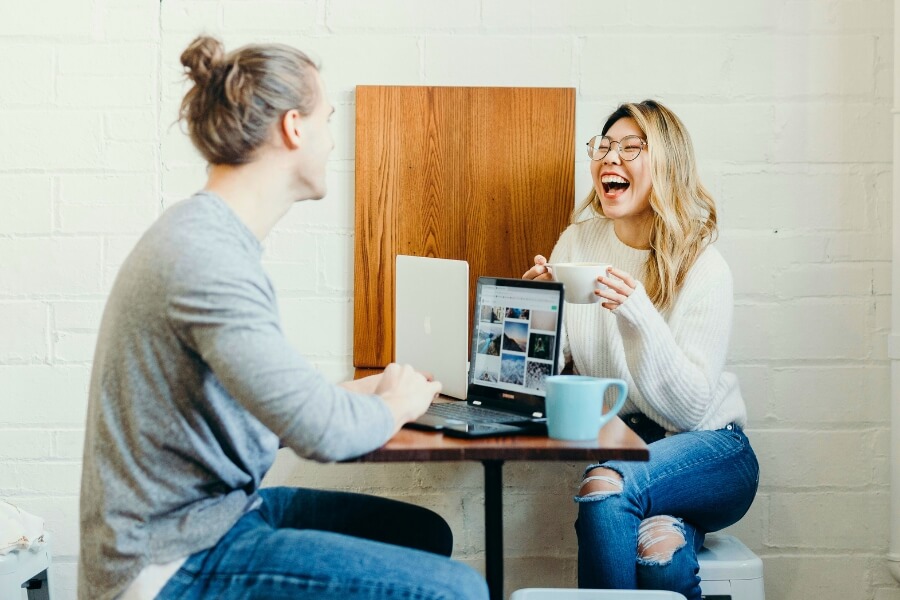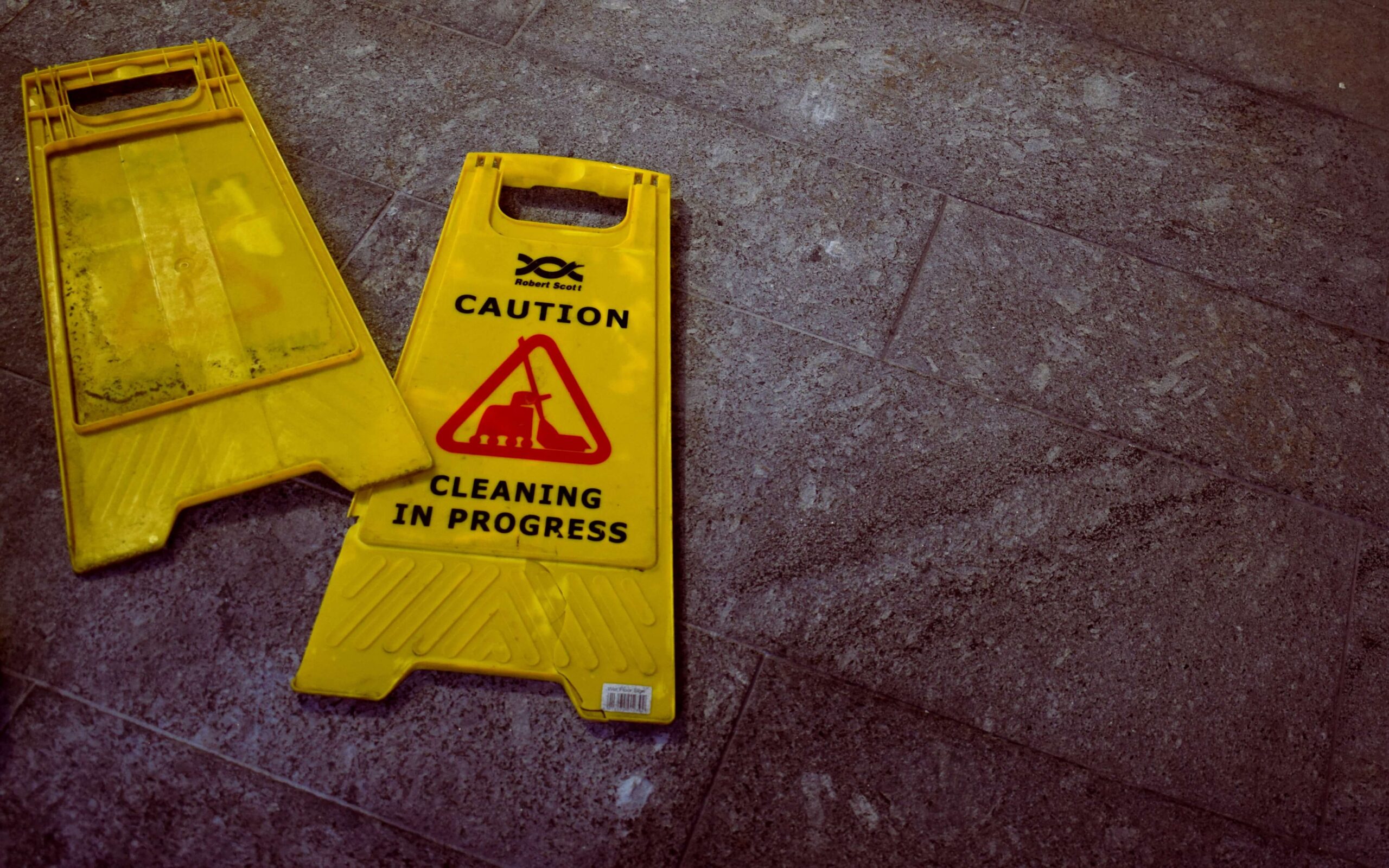It’s the question on the lips of every first home buyer – how much avocado toast do I need to forgo to buy my first place? And it’s certainly an important question. Sitting down and properly working out how much you can afford will ensure you won’t be blindsided by extra costs you hadn’t considered.

Take for example Alex, a first home buyer who had been saving for a home in Brisbane. Alex had factored into his plans that he’d need a five per cent deposit to buy a home – meaning he’d need $35,000 if he found a place for $700,000.
What he soon found, however, was that you need to cover a lot more than just the deposit when it comes to buying property in Australia. Stamp duty, Lender’s Mortgage Insurance (LMI), conveyancing costs – not to mention extra costs for things like pest and building reports if you’re buying a house, all add up and were not factored into Alex’s savings. As he told us: ‘You probably need to add $20,000 to $30,000 extra on top of a five per cent deposit to actually acquire a house’.
This is why it’s important to go over just what you’ll need to buy property in Australia. We’ll also cover the government grants and concessions that are available to first home buyers.
Alex dropped his price criteria back to under $550,000, which made him eligible for a stamp duty concession (Queenslanders can claim a first home concession for stamp duty when buying their first home if the home is valued under $550,000). He was able to buy a gorgeous property 20 minutes from the city in Wynnum.
Topics in this article:
Deposit
Whether you’re buying your first home or your sixth, the rules for borrowers in Australia are the same. The majority of lenders will require you to have saved at least 10 per cent of the property’s value – although some may only require five per cent. This means you’ll need a deposit somewhere between $30,000 and $60,000 if you’re looking to buy a residential property with a value of $600,000.
You should also keep in mind that a deposit needs to be ‘genuine’ savings if you’ve only got five per cent. Genuine savings means savings in the bank that are under your name and not reliant on your best friend selling his parents’ vintage record collection and giving you half. Promises like that make lenders nervous. You can, of course, include money from a parent or third party to help reduce the loan you get, but in lending terms this is known as a gift and not considered genuine savings.
If you’re unsure of how much you can afford to borrow with your deposit, using a borrowing power calculator such as this one can be a good starting point.
Lender’s mortgage insurance
Lender’s mortgage insurance (LMI) is insurance lenders take out (that you pay for!) to protect themselves in case the borrower defaults on the loan. It will generally be required if you have a deposit that is less than 20 per cent of the purchase price. The cost of LMI usually depends on the lender, your Loan to Value Ratio (LVR) and the amount of money you borrow but you would expect to pay somewhere between $10,000 and $15,000 in our example above.
Stamp duty
The next big thing to consider is stamp duty. One of the biggest hurdles to home ownership is the cost of stamp duty which, in many places, seems almost as much as the deposit you’ll need. A first home buyer purchasing an established home in NSW for $800,000, will need $31,768 for stamp duty, for example. A good stamp duty calculator will work out how much stamp duty you’ll be expected to pay based on where you’re buying.
Given how expensive stamp duty is, it’s worth knowing the maximum property value for which it does not apply in your state so you can buy a property for less than this and avoid it altogether.
As well as the stamp duty fee itself, you’ll have to pay a transfer fee (around $200 to $300) and a mortgage registration fee of around $100 to $150.
 For sale: 1/8 Devoy Street, Oakleigh South, VIC
For sale: 1/8 Devoy Street, Oakleigh South, VIC
Conveyancer fees
Once you’ve found a home you’d like to make an offer on or bid for, you’ll need to hire a conveyancer (property lawyer) to go over the contract and other home loan documents. They will check for any red flags in the contract and can request a longer settlement if you need one. Costs will differ depending on who you use, but you can expect to pay anywhere from $600 to $1500.
Buyers agent fees
Buyers agents are optional but expect to pay up to $15,000 for their services if you do enlist one to help you find a home. Some charge a commission of one to two per cent of the purchase price; others will charge you a few thousand dollars up front and a larger sum once they’ve found and secured a suitable property for you. If they can help you buy the property you want for $15,000 less or purchase a property that does better from an investment perspective, they pretty much pay for themselves.
First home buyer grants and concessions
The First Home Owners Grant, or FHOG, is a state government initiative designed to assist first home buyers. The amounts vary from state to state and, in many states, it is only available for purchases of newly built homes that have never been lived in. Queensland and Tasmania offer the most generous grant, at $20,000 – however, with the high cost of stamp duty in NSW, in that state the overall savings also end up being quite high, at $10,000.
State governments also have concessions for first home buyers when it comes to paying stamp duty. In NSW, for example, first home buyers are exempt from paying stamp duty on new and existing homes valued at up to $650,000, whereas the duty on the same priced home is reduced from $34,070 to $11,356 in Victoria.
In Queensland, where uno customer Alex bought his place, he and his partner dropped their limit back to under $550,000, which made them eligible for a stamp duty concession and changed the game a little bit.
In summary:
- A five per cent deposit is needed to buy a home, however, having a 10 per cent deposit – or more – is better.
- If you have a deposit that is less than 20 per cent of the purchase price, you’ll need to pay Lenders Mortgage Insurance.
- Don’t forget to factor in added costs including stamp duty and transfer fees. And check the stamp duty concessions for your state to see if you’re eligible.
- Remember to look into the First Home Owners Grant (FHOG), a state government initiative designed to assist first home buyers – there may be some savings to be found there too.




